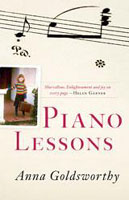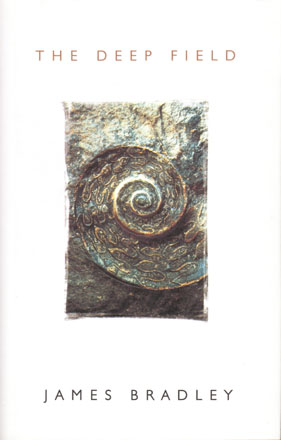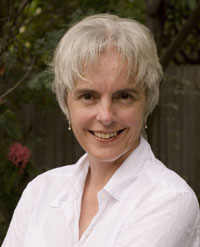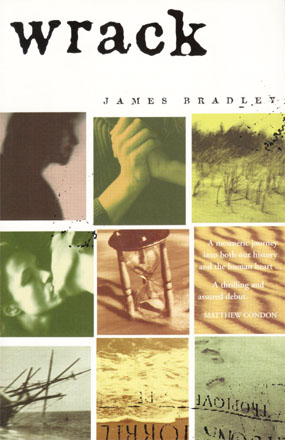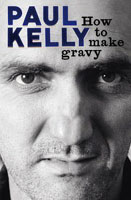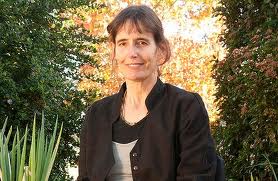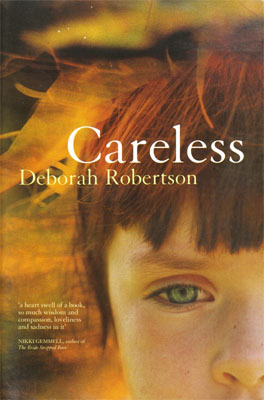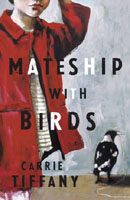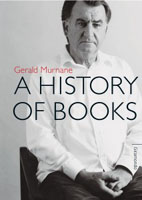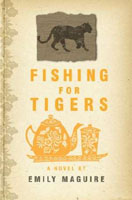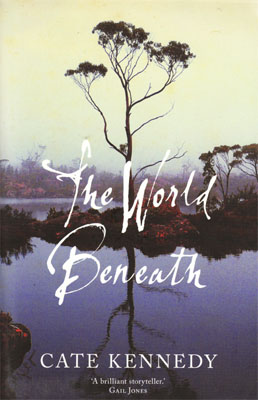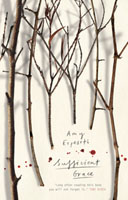POEMS AND SONGS by HENRY KENDALL. Published by J. R. Clarke, 356, George-street, and printed by F. Cunninghame, 184, Pitt-street, Sydney. 114 pages, 8vo.
We are always happy to receive fresh flowerets for the Chaplet of Australian Poesy, and it is thus with feelings of unaffected pleasure that we take up the neat little volume of poems recently published by Mr. Henry Kendall, some of whose compositions (distinguished by their smoothness of versification and elevated turn of thought) have already appeared in these columns. Mr. Henry Kendall is a poet of much promise, a native of New South Wales, whose inborn genius has already gained for him a respectable standing as a colonial writer, and who is, doubtless, destined, at no very remote period, to assume an honourable place amongst the constantly increasing ranks of British authors. Already the English Athenaeum has made favourable mention of the name of this young Australian, and has quoted a set of verses written by him -- doing justice to the abilities of the youthful aspirant after fame, and encouraging him to proceed onward in the toilsome ascent of Mount Parnassus. It is an old adage -- so old that it remains embalmed in the idiom of a dead language -- that "A poet is born -- not made," and Mr. Kendall would certainly appear to be one of the fortunate few who may fairly advance his claim to be so described. The forty-five poems which are now placed before the public in this little work are an incontestable proof of the talent of the author -- of his passionate love of the sublime and beautiful, and of his ambition to give utterance to thoughts that may long live in the stately rhythm and sonorous cadences of the English tongue. One very pleasing characteristic of his writings is the the obvious fact that he delights to draw his imagery from Australian scenery, and is evidently thoroughly familiar with its distinctive peculiarities, and its many singular beauties-and deeply impressed with that vague and dreamy tone of thought generated by a personal contemplation and consideration of all that is to be seen in the wilds of the bush, whether in the pathless solitudes of the interior or in the woody mist-laden glens of our picturesque coast scenery. Mr. Kendall resided, we believe, for some time in the beautiful southern district of Kiama, and expatiates with all a poet's enthusiasm upon the glorious scenery with which that secluded and lovely locality everywhere abounds; its rugged barrier of mountains, its pleasant, rolling hills, verdant valleys, pretty homesteads, and sparkling streamlets something rather unusual in Australia), seem to have awakened in the soul of the young Australian all the spirit of poetry. In the third poem of the series he thus expresses himself in language which will give the reader a very fair idea of his style.
Kiama slumbers robed with mist
All glittering in the dewy light
That, brooding o'er
The shingly shore,
Lies resting in the arms of night!
And foam-flecked crags with surges chill,
And rocks embraced by cold-lipped spray,
Are moaning loud where billows crowd,
In angry numbers, up the bay.
The holy stars come looking down
On windy heights and swarthy strand;
And Life and Love --
The cliffs above --
Are sitting fondly hand in hand!
The following poem on "The Muse of Australia" contains some very fine lines, and will be read with pleasure, although it is not entirely free from a degree of carelessness and obscurity which might have been beneficially avoided, especially in the second stanza. The first verse appears to us to be, as a description of scenery, particularly graphic and well expressed:
Where the pines with the eagles are nestled in rifts,
And the torrent leaps down to the surges,
I have followed her, clambering over the clifts,
By the chasms and moon-haunted verges.
I know she is fair, as the angels are fair,
For have I not caught a faint glimpse of her there;
A glimpse of her face, and her glittering hair,
And a hand with the Harp of Australia!
I never can reach you, to hear the sweet voice
So full with the music of fountains!
Oh, when will you meet with that soul of your choice,
Who will lead you down here from the mountains!
A lyre-bird lit on a shimmering space,
It dazzled mine eyes, and I turned from the place,
And wept in the dark for a glorious face,
And a hand with the Harp of Australia!
Mr. Kendall has written, we perceive, several poems in which he has idealised the war songs of the aboriginal natives, and thrown a veil of poetry over much that in the actual facts of savage life cannot but be homely and unpleasing, if not absolutely barbarous. In this he has done no more than avail himself of a poet's license -- seizing the more picturesque points as they presented themselves, and passing over all that interfered with the more ideal. Viewed in that light "Kooroora," "Urara," and "Ulmarra" are poems that will not be read without some considerable pleasure. The "Song of the Cattle Hunters," "The Wild Kangaroo," "The Barcoo," and "The Opossum Hunters" are pieces of far greater merit, and contain many passages evincing powers of description, and a degree of thought which would do honour to a much more experienced writer. Mr. Kendall is always pleasing where he depends solely on his own unassisted powers, and only fails when he adopts the ideas and mannerisms of other writers. This he does sometimes (perhaps unconsciously) in a style that cannot be approved of. The grand, quaint metre of Edgar Poe has, doubtless, a peculiar charm in its rhythmical cadence, but his obscurities are defects which it is impossible to justify, and therefore most undesirable to imitate. It is also, we must here remark, much to be regretted that the poem entitled "The Maid of Gerringong" should not have been carefully revised for the author before it went to press. It contains (on page 92) lines which are mere adaptations from the second, third, and fourth stanzas of a poem that appeared in the Nation newspaper about fifteen years ago -- the exquisite beauty of which doubtless captivated the taste of the youthful writer until imagination and memory must have become absolutely blended together. The lines we refer to are as follows :
Did the strangers come around you, in the far-off foreign land!
Did they lead you out of sorrow, with kind face and loving hand!
Had they pleasant ways to court you-had they silver words to bind?
Had they souls more fond and loyal than the soul you left behind?
Do not think I blame you, dear one! Ah! my heart is gushing o'er
With the sudden joy and wonder, thus to see your face once more,
Happy is the chance which joins us after long long years of pain;
And oh, blessed was whatever sent you back to me again!
The name of the author is unknown to us, but it was printed under the signature of "Mary."
It is always more agreeable to praise than to censure, however gently, and we have thus much pleasure in concluding this notice by republishing Mr. Kendall's admirable poem "The rain comes sobbing to the door," which is, to our taste, one of the best in the whole book.
THE RAIN COMES SOBBING TO THE DOOR.
The night grows dark, and weird, and cold; and thick drops patter on the pane;
There comes a wailing from the sea ; the wind is weary of the rain.
The red coals click beneath the flame, and see, with slow and silent feet,
The hooded shadows cross the woods to where the twilight waters beat!
Now fan-wise from the ruddy fire, a brilliance sweeps athwart the floor;
As, streaming down, the lattices, the rain comes sobbing to the door:
As, streaming down the lattices,
The rain comes sobbing to the door,
Dull echoes round the casement fall, and through the empty chambers go,
Like forms unseen whom we can hear on tip-toe stealing to and fro,
But fill your glasses to the brims, and through a mist of smiles and tears,
Our eyes shall tell how much we love to toast the shades of other years!
First published in
The Sydney Morning Herald, 24 October 1862
[Thanks to the National Library of Australia's
newspaper digitisation project for this piece.]
